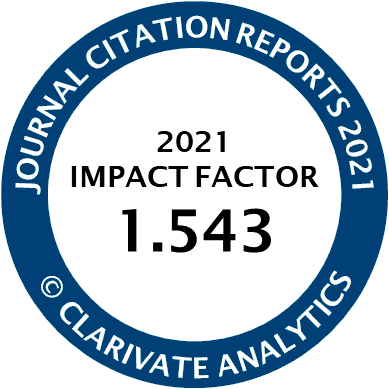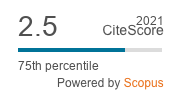Article | Open Access
From Sex Offenders to National Heroes: Comparing Yemeni and Afghan Refugees in South Korea
| Views: | 253 | | | Downloads: | 111 |
Abstract: This article examines discourses that shaped different outcomes for Yemeni refugees in 2018 and Afghan special contributors in 2021 in South Korea. Following the country’s mission to evacuate its Afghan interlocutors in 2021, Afghans are fast‐tracked for social integration through the creation of emergency enforcement ordinances, with South Korean society broadly welcoming them as national heroes and recognizing them as “special contributors” rather than refugees. In contrast, Yemeni refugees arriving in 2018 were subjected to Islamophobic and legal abuse, constructed as potential sex offenders and terrorists, and accused of being fake refugees. In both cases, refugee protections according to South Korea’s 2013 Refugee Law were withheld as Yemenis and Afghans were processed through alternative systems. This article concludes that Muslim refugee issues in South Korea are masculinized and delves into the multi‐faceted complex factors at play when analyzing the differences between the reception of Afghan evacuees and Yemeni refugees in the South Korean context.
Keywords: Afghanistan; Islamophobia; Jeju Island; masculinities; refugees; social discourse; South Korea; special contributor; Yemen
Published:
© Farrah Sheikh, Jin‐han Jeong, Kangsuk Kim. This is an open access article distributed under the terms of the Creative Commons Attribution 4.0 license (http://creativecommons.org/licenses/by/4.0), which permits any use, distribution, and reproduction of the work without further permission provided the original author(s) and source are credited.



